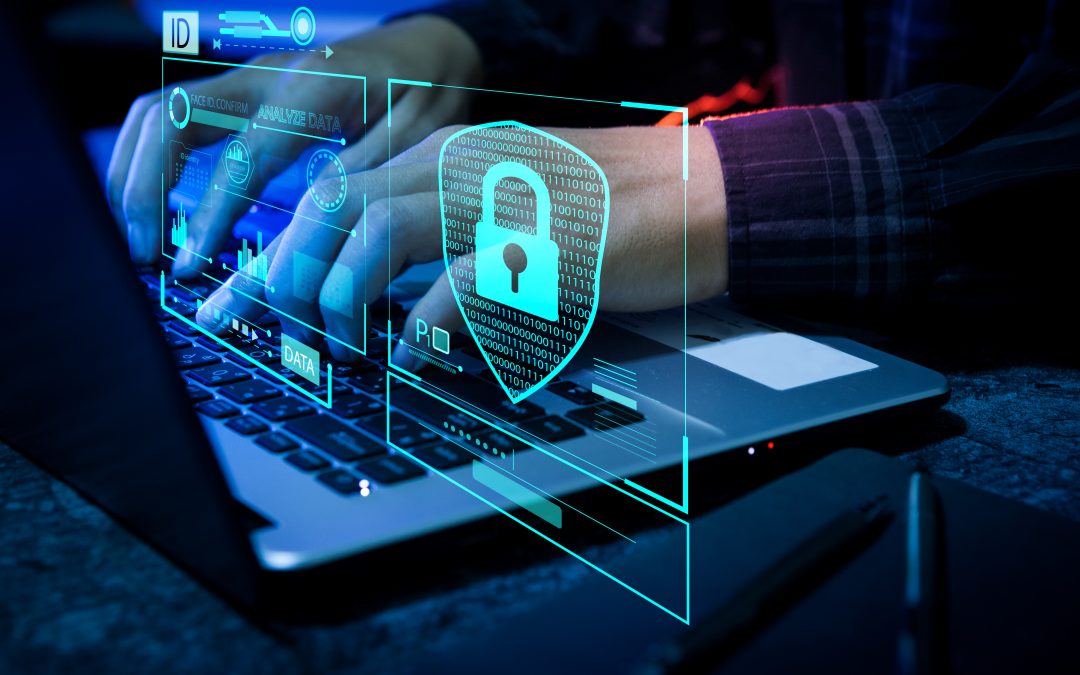
Cybersecurity is absolutely vital in business, regardless of the industry or size of the company. It encompasses the practices, technologies, and processes designed to protect networks, devices, programs, and data from attack, damage, or unauthorized access. Here are some key aspects:
- Data Protection: Safeguarding sensitive information is crucial. This involves encryption, access controls, and secure storage practices to prevent unauthorized access or data breaches.
- Network Security: Securing the network infrastructure against unauthorized access, disruptions, or misuse. This includes firewalls, intrusion detection systems, and virtual private networks (VPNs).
- Endpoint Security: Protecting individual devices (e.g., computers, smartphones, tablets) from malware, ransomware, and other cyber threats through antivirus software, endpoint detection and response (EDR) solutions, and regular updates.
- Employee Training: Employees are often the weakest link in cybersecurity. Comprehensive training programs can help them recognize and avoid phishing attacks, social engineering tactics, and other security threats.
- Incident Response Planning: Developing a clear plan for responding to security incidents is essential. This includes procedures for detecting, analyzing, and mitigating cyber threats, as well as protocols for communicating with stakeholders and authorities.
- Compliance and Regulations: Businesses must comply with various laws and regulations regarding data protection and privacy, such as the General Data Protection Regulation (GDPR) in Europe or the Health Insurance Portability and Accountability Act (HIPAA) in the United States.
- Risk Assessment and Management: Regularly assessing cybersecurity risks and implementing measures to mitigate them is critical. This involves identifying potential vulnerabilities, evaluating their potential impact, and prioritizing resources accordingly.
- Continuous Monitoring: Cyber threats are constantly evolving, so businesses need to continuously monitor their systems for unusual activity or signs of compromise. This can involve automated monitoring tools, security information and event management (SIEM) systems, and regular security audits.
- Vendor Security: Many businesses rely on third-party vendors for various services, so it's essential to ensure that these vendors also have robust cybersecurity measures in place to protect shared data and resources.
- Cyber Insurance: In addition to implementing preventative measures, some businesses choose to invest in cyber insurance to help mitigate the financial impact of a security breach.
Ultimately, cybersecurity should be seen as a fundamental aspect of business operations, integral to protecting not only sensitive data but also the reputation and long-term viability of the organization.
 Cybersecurity is absolutely vital in business, regardless of the industry or size of the company. It encompasses the practices, technologies, and processes designed to protect networks, devices, programs, and data from attack, damage, or unauthorized access. Here are some key aspects:
Cybersecurity is absolutely vital in business, regardless of the industry or size of the company. It encompasses the practices, technologies, and processes designed to protect networks, devices, programs, and data from attack, damage, or unauthorized access. Here are some key aspects:

